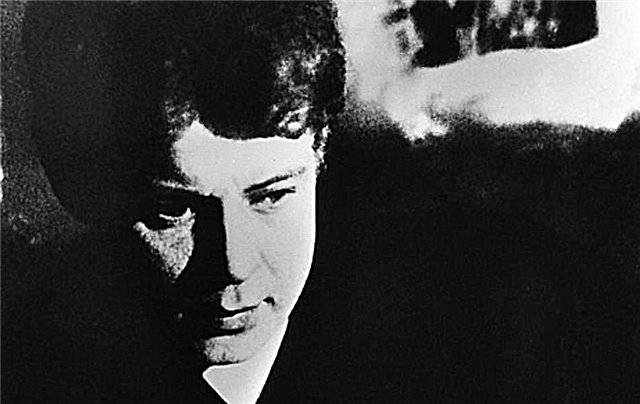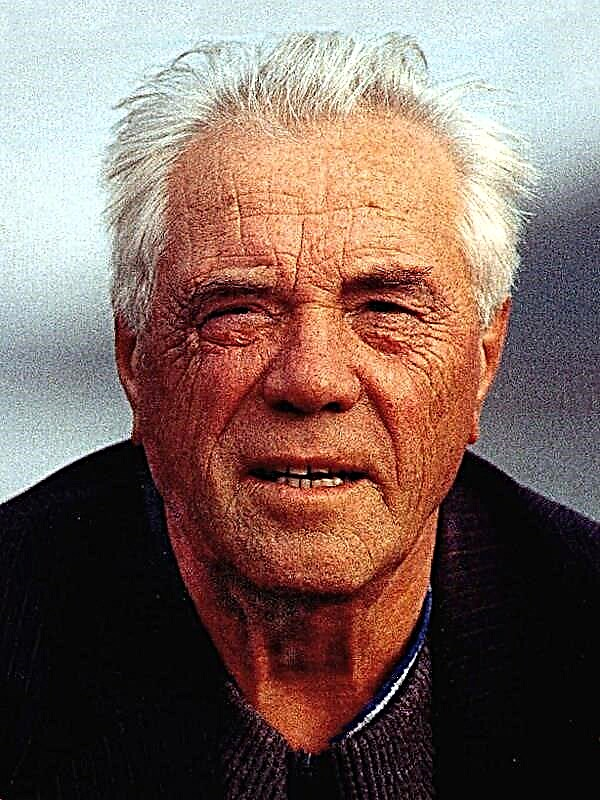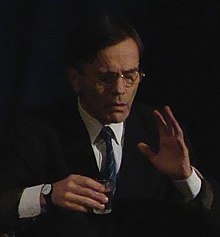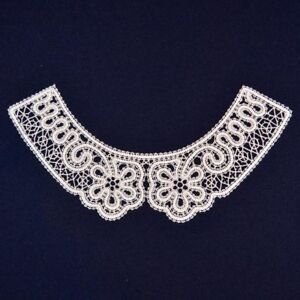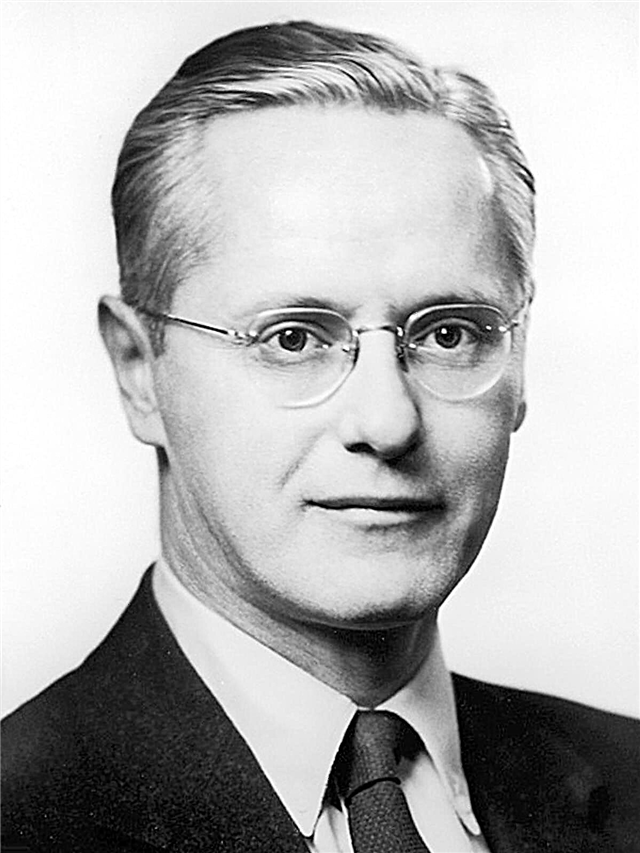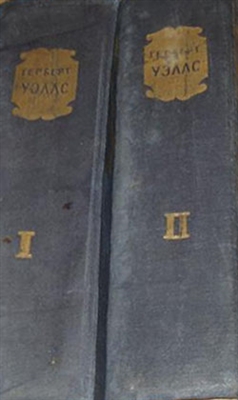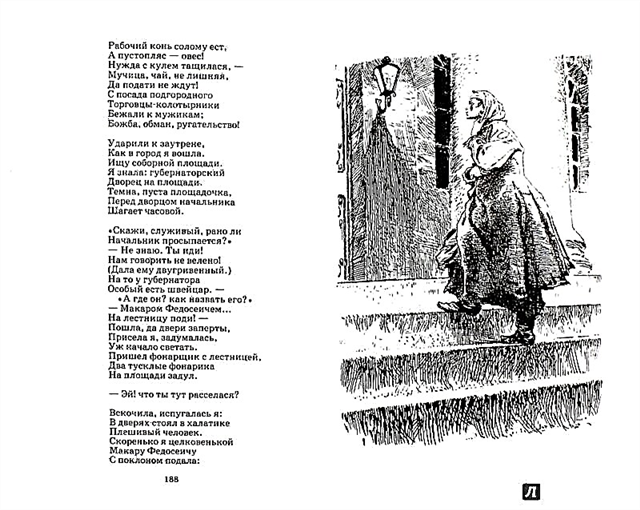Each of us is familiar with such a phenomenon in Russian national literature as the “Silver Age”. Thanks to the Silver Age, we are familiar with the names of a number of great writers and poets, whose names we can safely put on a par with Pushkin, Lermontov and Nekrasov. But despite this, the causes of the “Silver Age” for many of our contemporaries remain a mystery, which today we will try to figure out.
The first “mysterious story” lurks in the very name “Silver Age”, more precisely in the unknown author of this metaphor. The debate over who owns the first mention of this name has been very long and very much. The authorship was either philosopher N.A. Berdyaev, or the mysterious Gleb Marev, whose secret identity has not yet been disclosed, then the poet Nikolai Otsup, and even sometimes Vladimir Mayakovsky himself. However, if we examine this issue in more detail, it becomes clear that Mayakovsky, along with Anna Akhmatova and Marina Tsvetaeva, who were also credited with the “invention” of the term more than once, served rather as a mouthpiece for its dissemination to the masses and perpetuation in people's memory. As a result, this dispute between historians and writers is still considered complete and at the moment everyone adheres to one official version - the “Silver Age” was invented by critic V.S. Soloviev first used this name in his article “Impressionism of Thought” in 1897.
In addition, there is still a debate among scholars about the time frame of this unconditional phenomenon of Russian culture - some believe that the “Silver Age” ended with the beginning of the civil war of 1917, others insist that this period ended with the death of Blok in 1921.
Many researchers are also interested in the reasons that triggered the emergence of the Silver Age. The most complete and detailed essay on this subject was written by Dmitry Merezhkovsky, his work is entitled "On the Causes of Decline and on the New Trends of Modern Russian Literature", and this is a kind of manifesto for early modernists. In this text we can find not only a story about the prerequisites for the emergence of this turning point in the cultural life of the country, but also about the reasons for its appearance: the fall of literature, the crisis that arose in connection with the stagnation in the political and cultural life of the country. The author discusses ways out of such a crisis - for him this is a belief in the ideal and a desire to develop, grow in front of himself. He regrets and empathizes with the fate of contemporary creators - who are forced to live in the “off-season”: the old century has outlived its time, although it was beautiful, but a new dawn has not yet arrived.
However, despite the apparent failure in the cultural life of our society, despite the absence of major authors and talents, Merezhkovsky says that we live in one of the most important moments in the development of Russian literature and culture as a whole. He says that there are authors who continue to express the true voice of the people, that there are now truly talented and gifted authors, but their voice is forced to sound quietly against the backdrop of the triumph of universally recognized literary barbarism and vulgarity.
If we take the opinion of Merezhkovsky and related authors as a basis, then we can generally determine the reasons for the appearance of such a phenomenon as the “Silver Age”. This is a kind of response to decadent trends and moods in world art, which also experienced a deep crisis in connection with the end of the century of traditional literature. In France, this period is usually called “fin de siècle”, which literally translates as “the end of the century”.
The article was especially warmly received by modern Symbolist writers, Merezhkovsky's comrades. They called themselves the inspirers and figures of the “aesthetic revolution”. The uniqueness of their views was primarily in the fact that they recognized the value of each person regardless of his merits, in contrast to the Narodniks, who said that the measure of importance of each person is determined by the amount of benefit that a person brings to society. Merezhkovsky’s circle of comrades brought individuality to a higher level of importance, and headed for a change in the reader’s ideas about the world and about people.
It was with the ideas of the first representatives of modernism (Bryusov, Balmont, Sologub, Gippius and others) - some called them decadents, respectively, that dominated the moods of European and Russian cultures - the formation of the era began.


